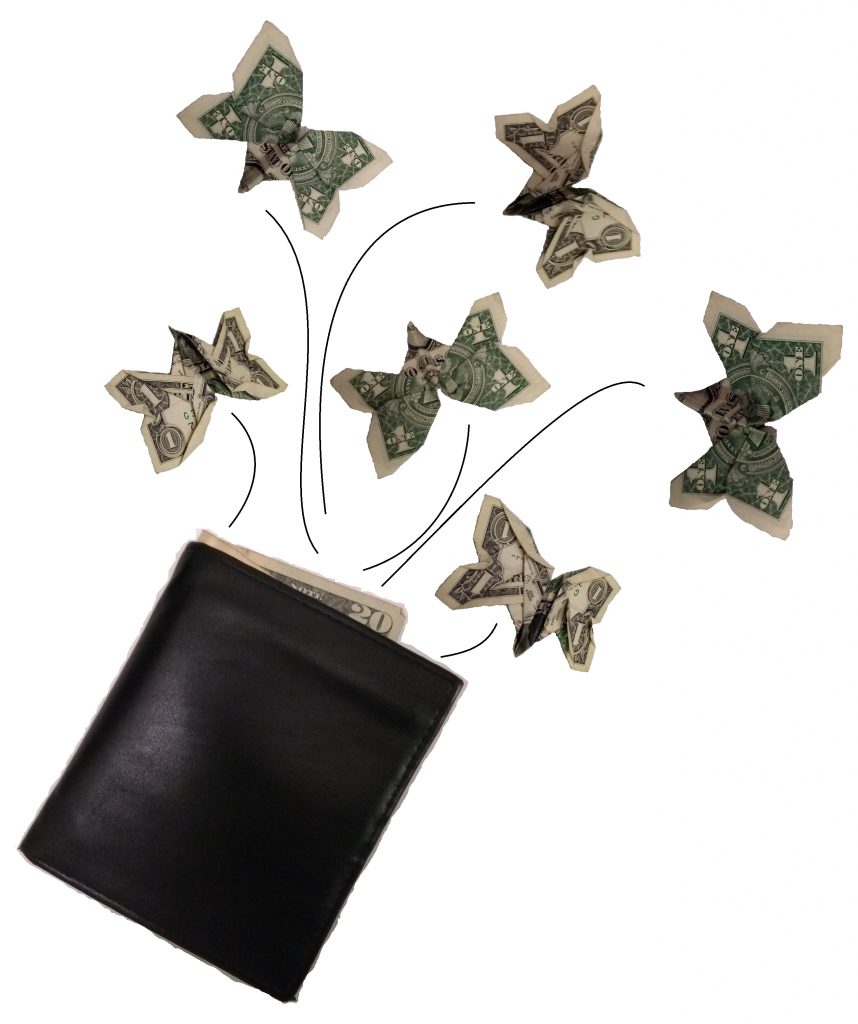After eleven entries about my cruise to Alaska, I’m returning this blog to topics dealing with the writing scene. Authors often debate the pros and cons of retaining a literary agent. You can add one item to the con list—your agent’s bookkeeper might be embezzling your earnings.
 According to a New York Post report, the bookkeeper for a top literary agency has admitted to a charge of wire fraud. The agency alleges the bookkeeper stole at least $3.4M, leaving the company on the verge of bankruptcy. Forensic auditors are combing the agency’s books back to 2001, so that figure could go much higher.
According to a New York Post report, the bookkeeper for a top literary agency has admitted to a charge of wire fraud. The agency alleges the bookkeeper stole at least $3.4M, leaving the company on the verge of bankruptcy. Forensic auditors are combing the agency’s books back to 2001, so that figure could go much higher.
Donadio & Olson is a prestigious company based in New York, boasting an impressive list of clients, including Chuck Palahnuik and McKay Jenkins, and the estates of Mario Puzo, Studs Terkel, and Peter Matthiessen.
How could such a thing happen? Writer and editor Kristine Kathryn Rusch has a theory, and I suspect she’s right, though I respectfully disagree with some of her remedies.
Ms. Rusch’s blogpost paints a picture of authors who loved to write, and didn’t really care to mess with figures having dollar signs, so they outsourced that job to a literary agent. When some of those authors died, their heirs didn’t want to know details either, and outsourced the financial and contractual stuff to the agent. Workers within the agency, likewise, may not have relished the numerical, pecuniary part of their job, so they contracted that to a bookkeeper.
Then nobody checked up. The authors and heirs trusted the agent; the agent trusted the bookkeeper. Millions of dollars passed through this bookkeeper’s hands, and nobody asked him if he was putting every dollar into the right account. Temptation may have overcome honesty, and years passed.
Then somebody checked up. One author, represented by D&O, asked about a $200,000 advance payment the author expected to receive from a publisher. When the bookkeeper kept putting the author off, the author persisted, then asked several people at D&O. The house of cards began to collapse.
I don’t know if this is what really happened, but it is believable, given the attitudes some authors have about money. If this scenario is true, what lessons should writers draw from this misfortune?
Ms. Rusch’s advice is clear: (1) sever your relationship with your agent and never hire one, and (2) learn the financial and contractual end of the writing business and do it yourself.
While acknowledging her greater knowledge in this area, I believe Ms. Rusch’s recommendations go too far. They strike me as disparaging an entire group of professionals for the actions of a few.
I’d summarize my suggestions as follows: (1) hire an agent if you believe you must, and (2) learn enough of the financial and contracting biz to ask hard questions. More simply: trust, but verify.
If you’re the type of starry-eyed writer who wishes only to frolic in the forest of words, leaving those dreary accounting matters to your (oh, so friendly) agent, be warned: there are wolves in those woods. These wolves smile nicely and talk sweetly, but prey on your intentional ignorance of money.
Remember how the D&O bookkeeper scam got discovered? Out of all their clients, just one persistent author cared enough to check up, to ask the hard questions. That author may have trusted, but went on to verify.
Don’t be the writing fool who’s soon parted from his, or her, money. That’s the advice about agents, and money, from—
Poseidon’s Scribe

Great advice. Thank you.
You’re welcome, Amy. Authors write about bad people all the time, but never suspect their agent or agent’s bookkeeper could be one.